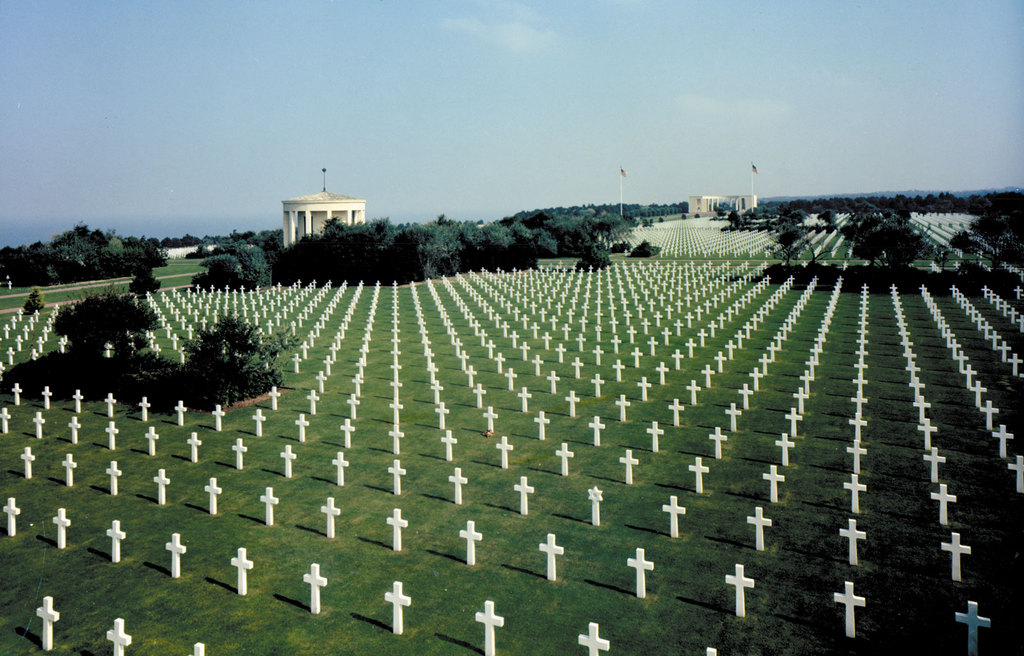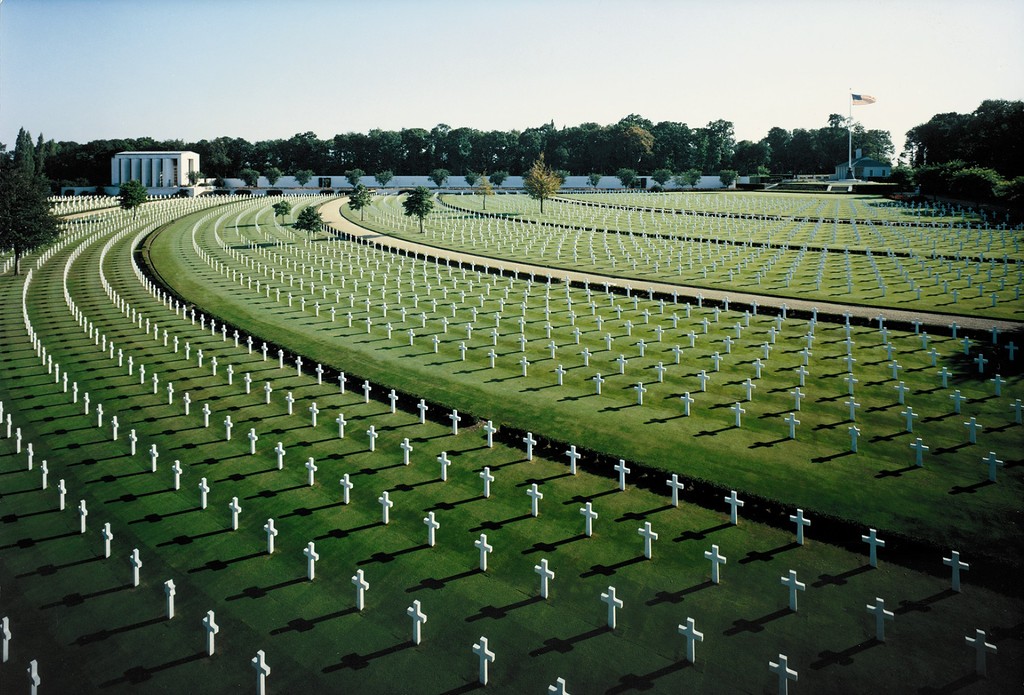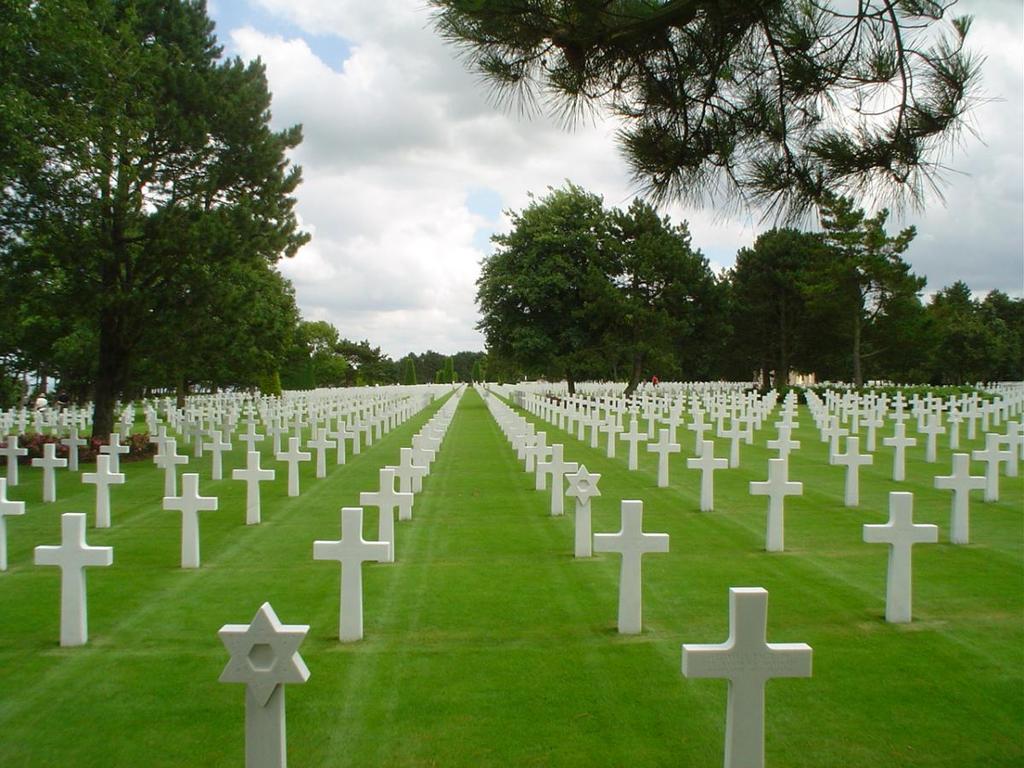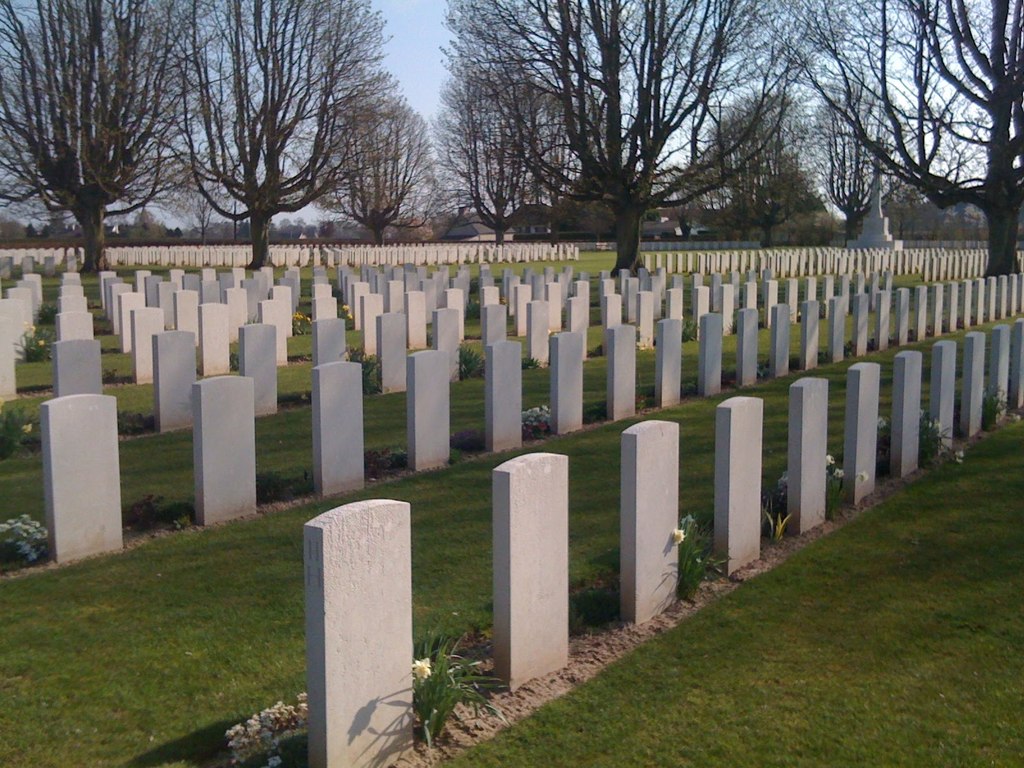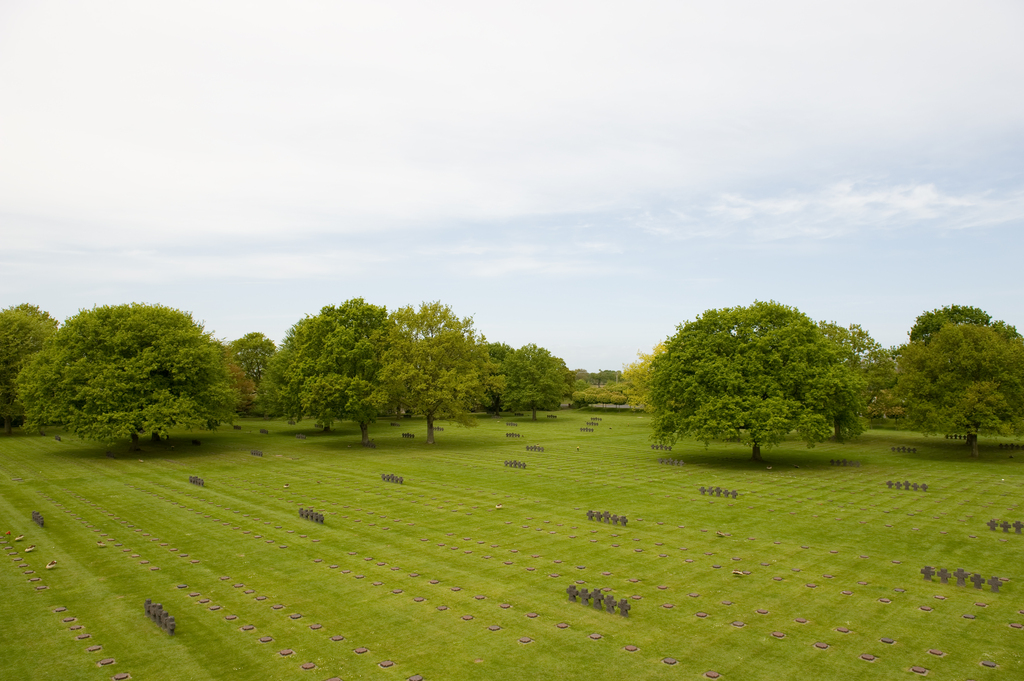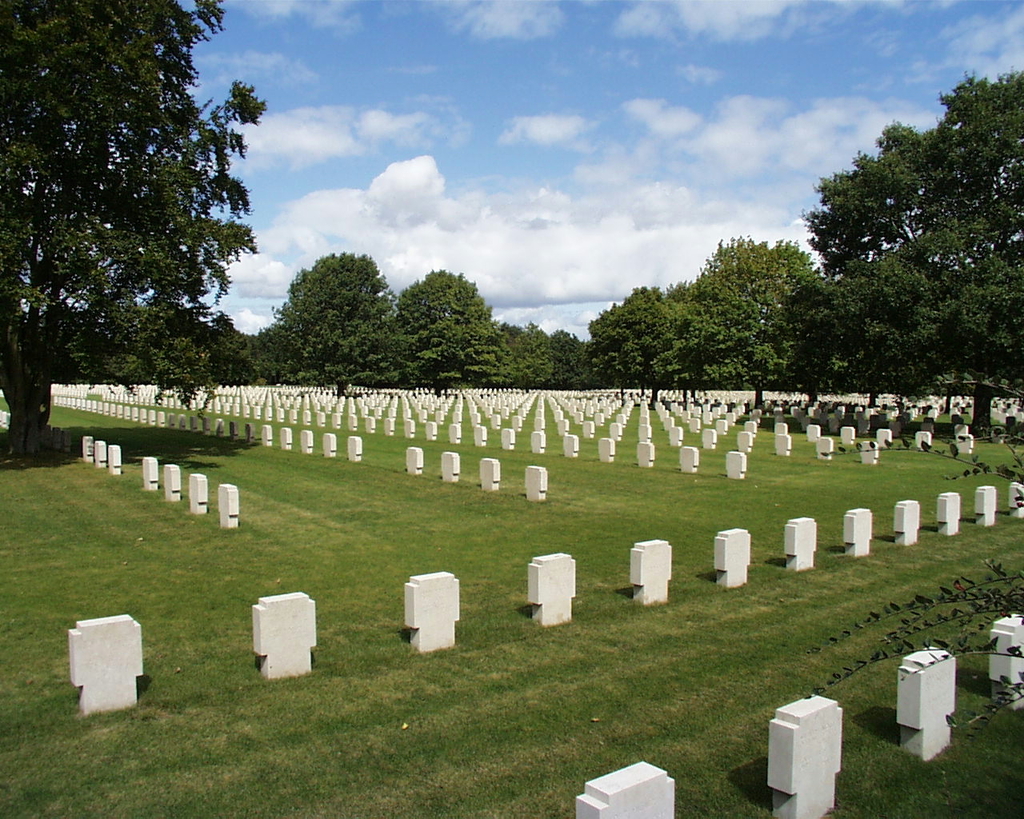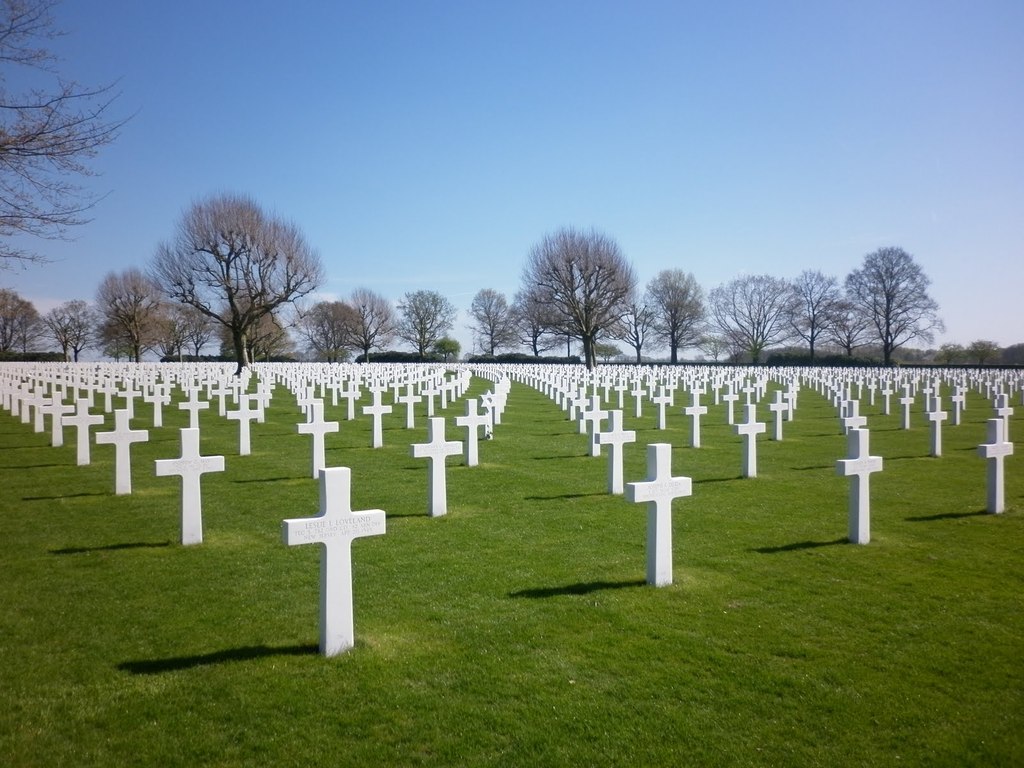GTP_Daverytimes
Member
I think it is criminal that we don't have a thread dedicated to the greatest war in human history, i will not list the events that took place (i am assuming most of you know atleast some part of the war) since there are just too many of them. This is a thread were we talk about the events that started world war, facts about the war, the most important aspects of the war, the controversial decisions that were employed during the war, hypothetical situations and outcomes of the war, conspiracy theories, the effects the war has had on modern society and so much more. I wanted to start the discussion with one of the most controversial decisions of the 20th century, the bombing of Hiroshima and Nagasaki. was it the right thing to do and how has it affected us today, the discussion can be changed to any other thing but i just wanted to get the ball rolling.
Theaters of War
For those who do not know anything about World War II here are some links:
Fun Info graphs:
Documentaries/mini-series/podcasts
Theaters of War
The Pacific Theater of war
The Pacific Ocean theatre was one of four major naval theatres of war of World War II, which pitted the forces of Japan against those of the United States, the British Commonwealth, the Netherlands and France.
The theater included most of the Pacific Ocean and its islands, excluding the Philippines, Australia, the Netherlands East Indies, the Territory of New Guinea (including the Bismarck Archipelago) and the Solomon Islands (which were part of the Southwest Pacific area.) The Pacific Ocean theater also excluded China and mainland Southeast Asia. It takes its name from 30 March 1942[1] when it became the major Allied command in the theater, known simply as "Pacific Ocean Areas".
European Theater
The European Theatre of World War II was a huge area of heavy fighting across Europe from Germany's invasion of Poland on September 1, 1939 until the end of the war with the German unconditional surrender on May 8, 1945 (V-E Day). The Allied forces fought the Axis powers in three sub-theatres: the Eastern Front, the Western Front, and the Mediterranean Theatre.
For those who do not know anything about World War II here are some links:
Fun Info graphs:
General idea of the main players during the war (not everyone involved is listed)
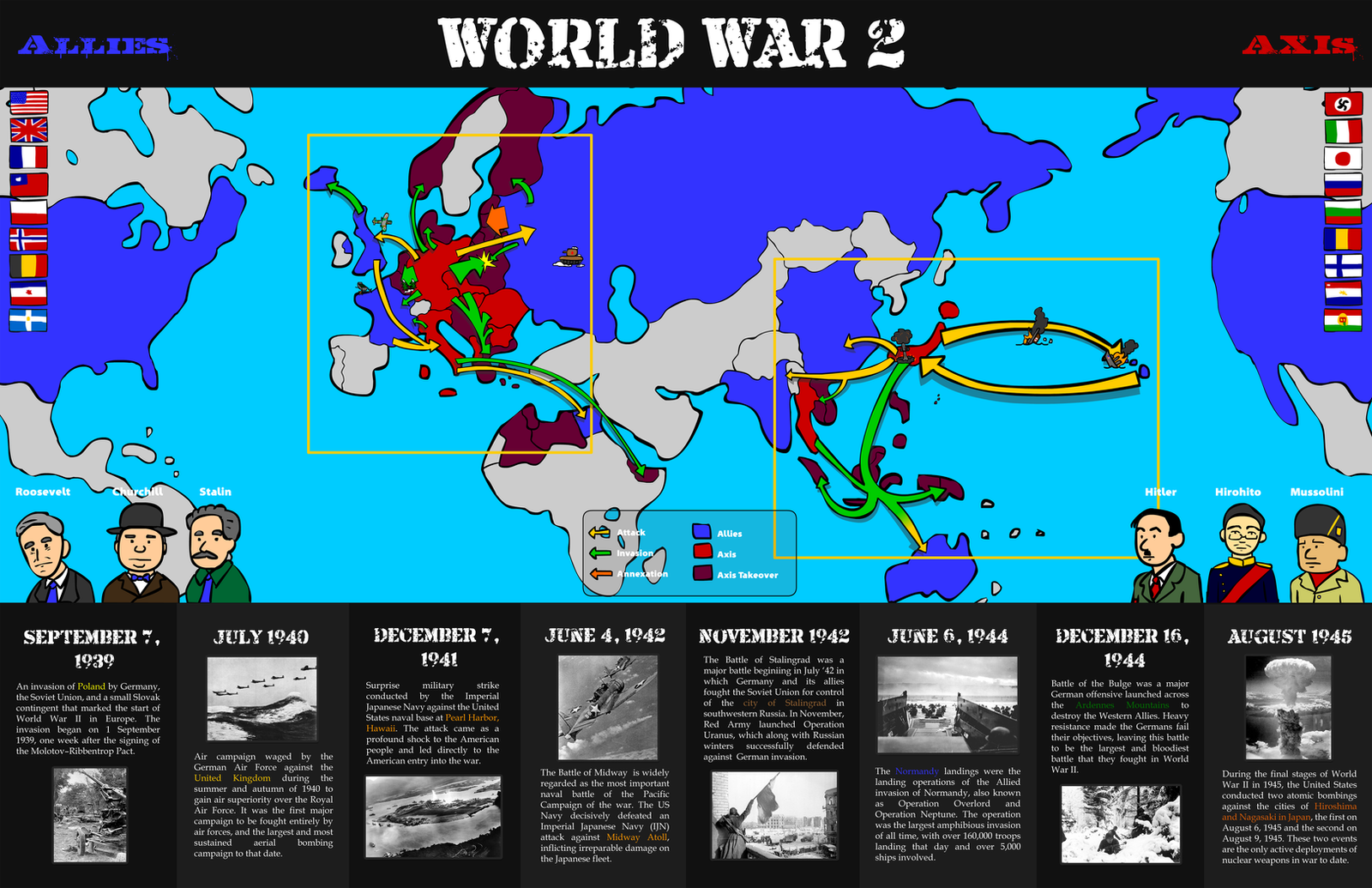

Documentaries/mini-series/podcasts


